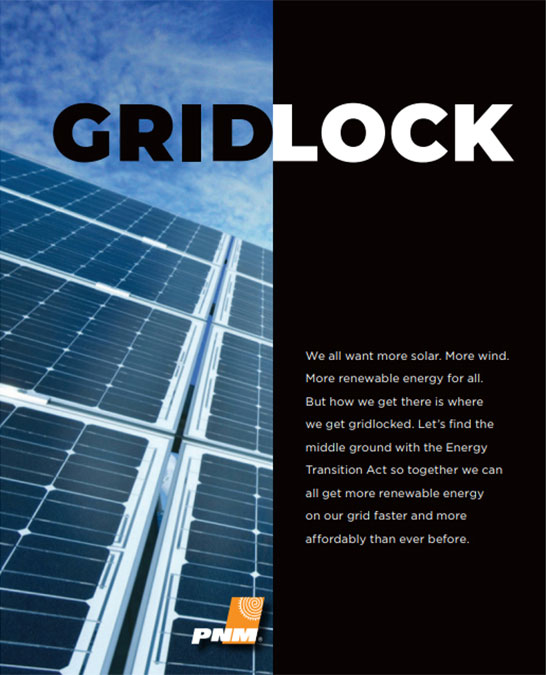CASE STUDY
Power New Mexico
Passing historic legislation




Our Approach: This was the case for years for PNM, New Mexico’s largest electricity company. Until it stepped out of its “comfort zone,” as CEO, Pat Vincent-Collawn put it, and executed a tangible, ground-breaking collaborative model where instead of fighting environmentalists, they joined forces with them, along with community and tribal leaders, launching New Mexico to the forefront of clean energy in the U.S.